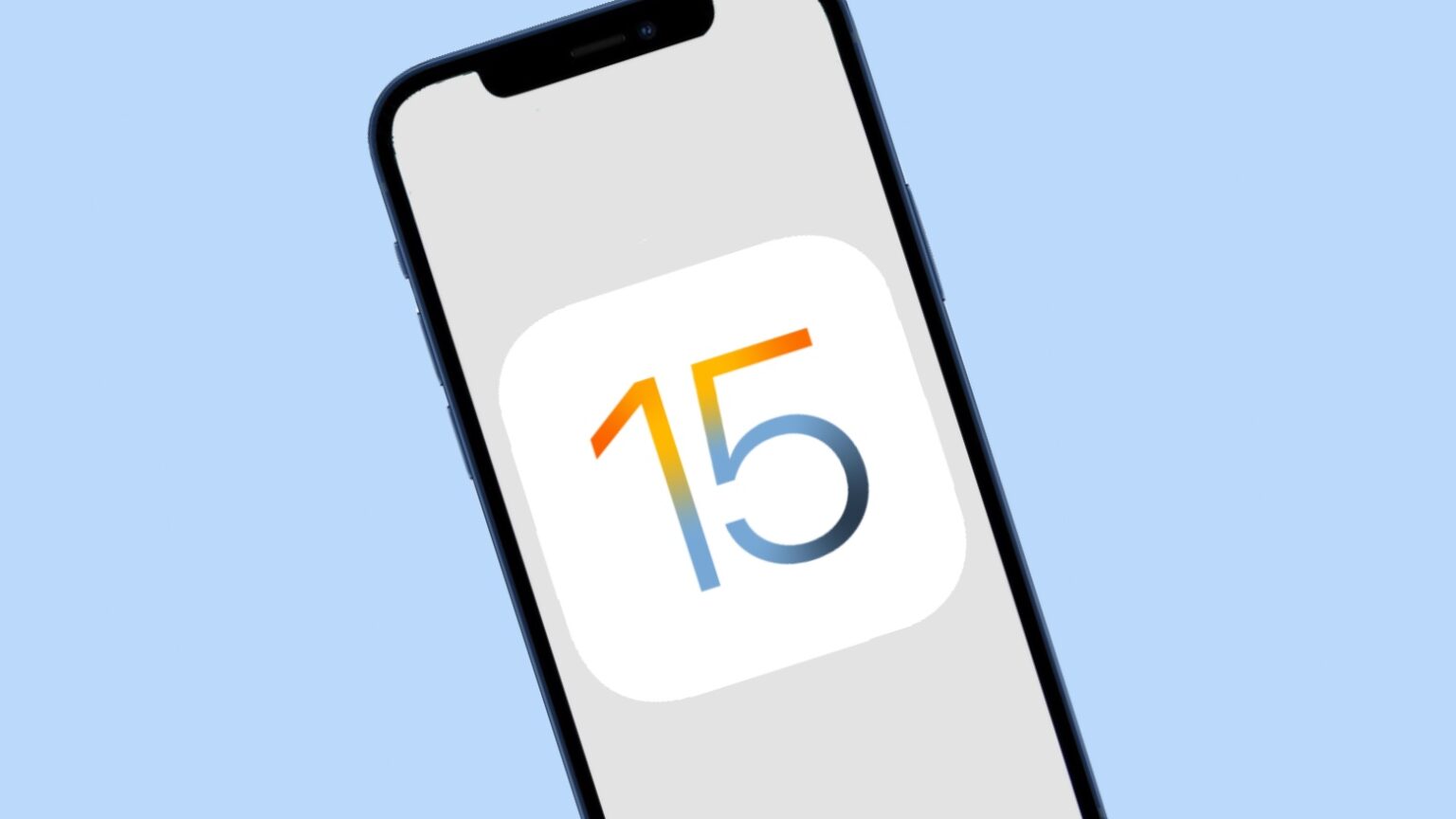In the three months since iOS 15 launched, 65% of iPhone users have installed it. That’s well below the percentage of users who’d installed iOS 14 the same amount of time after its debut in 2020.
There are several possible reasons why the iOS 15 adoption rate might be slower than that of its predecessor.
iOS 15 adoption is far slower than usual
iOS 15 debuted on September 20, 2021. As of December 20, it or its follow-ups are on 65.3% of iPhones, according to analytics firm Mixpanel. Compare that to iOS 14. That version launched on September 16, 2020, and by December 21 of that year made its way onto 80.9% of iPhones. That’s over 15 percentage points higher than iOS 15’s adoption rate.
The latest version was sluggish out of the gate. A month after its release, iOS 14 broke through the 50% adoption rate. iOS 13 and iOS 12 did the same. But iOS 15 had only reached 34.1% on October 25, 2021.
Just not compelling?
Mixpanel only gathers data on iOS adoption rates, not the whys and wherefores. So there’s no direct data on why fewer people are installing the latest iPhone operating system than before.
One possibility is a lack of compelling features. In 2020, iOS 14 brought Home screen widgets, picture-in-picture support and more. Fast forward a year and iOS 15 includes some nice improvements but few stand-out features. It probably didn’t help that its signature addition, SharePlay, didn’t appear until iOS 15.1 in October.
An alternative reason iPhone users aren‘t jumping on the latest version is they’ve gotten nervous about bugs. As iOS has increased in sophistication over the years, with an ever-growing list of features, the days when users could count on new versions being bug-free are long gone. Perhaps people just want to give Apple plenty of time to take care of any problems.
Others still believe that any new iOS version will cripple their older iPhones. That’s despite real-world tests that show iOS 15 will do nothing of the sort.
Android vs. iOS adoption: No contest
To keep things in perspective, while iOS 15 adoption is slower than usual, it’s still vastly ahead of Android.
In November, Google revealed that Android 11 was on just 24.2% of devices. That’s not even the newest version — that would be Android 12 — but is instead the one introduced 14 months earlier. And even more devices are still running Android 10 from 2019. Google didn’t say how many handsets were running Android 12 in November, which was a month old at that point, possibly because adoption was still in the single digits.
Unlike with iPhone, Android owners do not get easy access to operating system upgrades. Which is why so many of those devices get stuck running obsolete versions from years ago.


